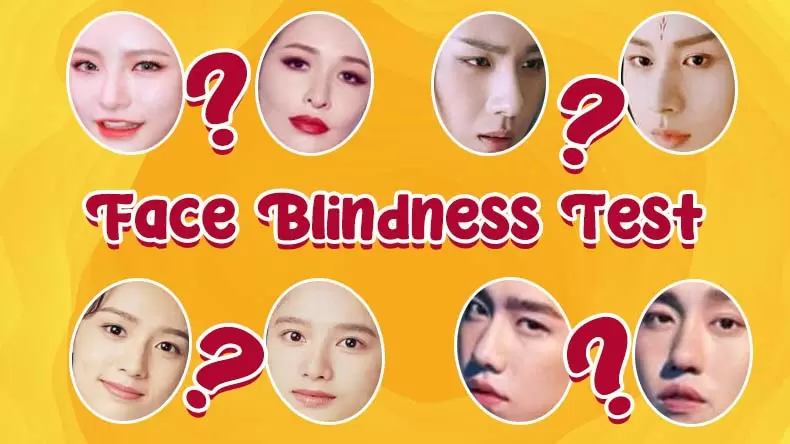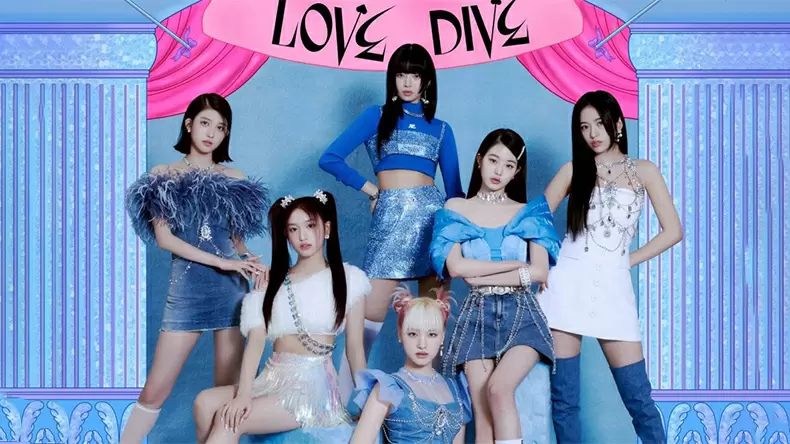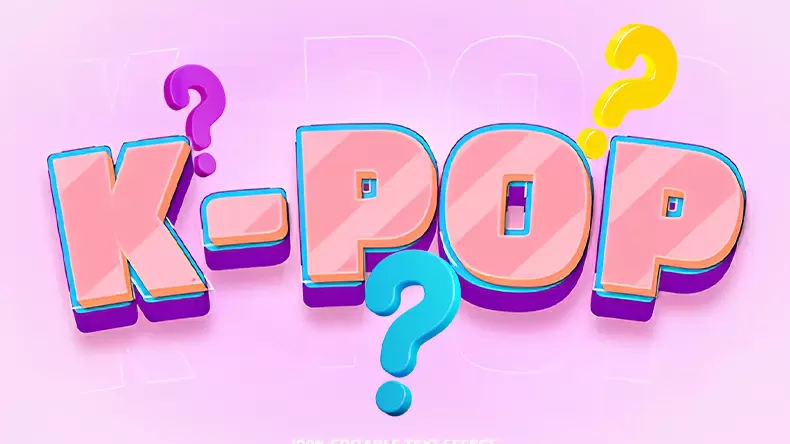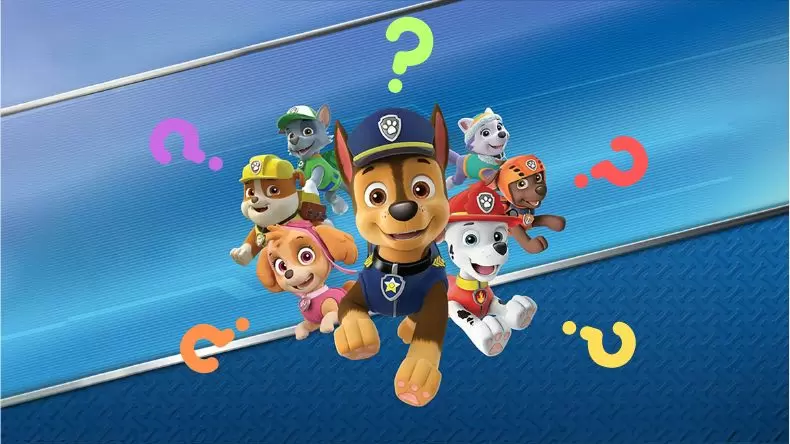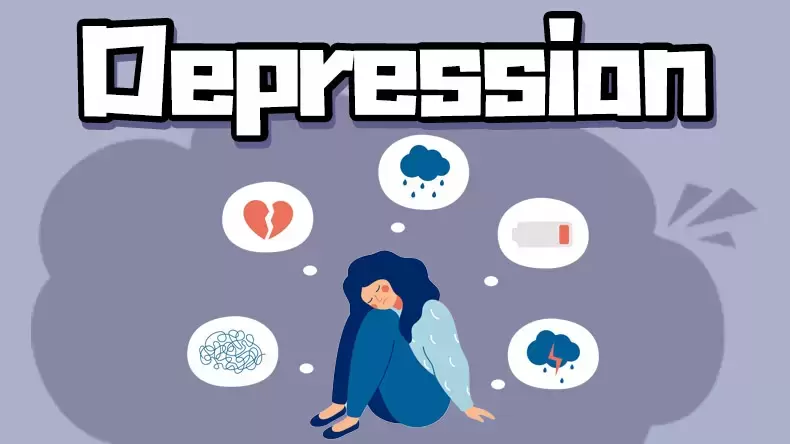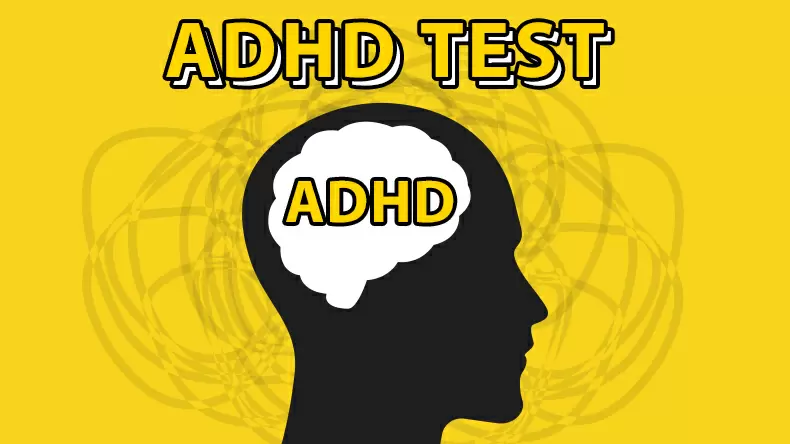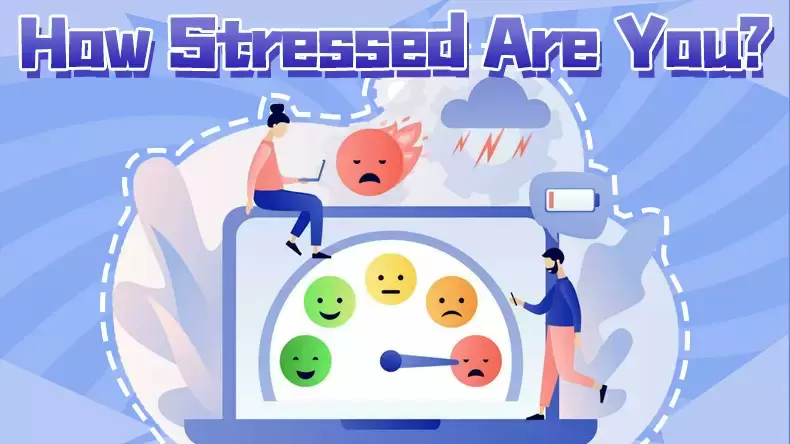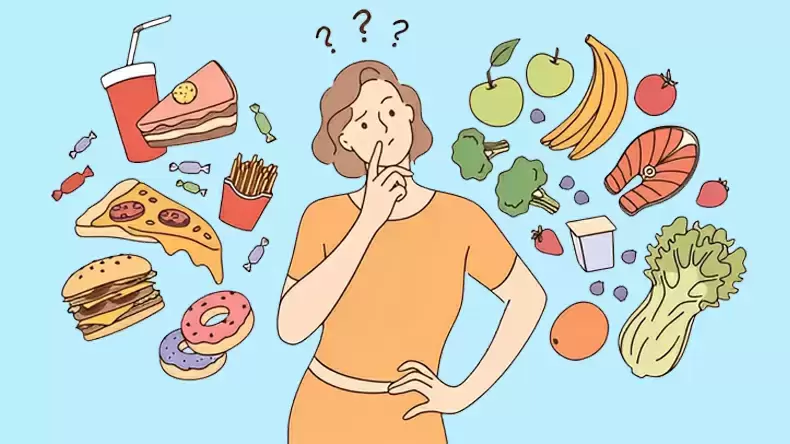Which LE SSERAFIM Member Are You? Quiz
Are you a master of recognizing faces or just really good at pretending? Find out with our Face Blindness Test!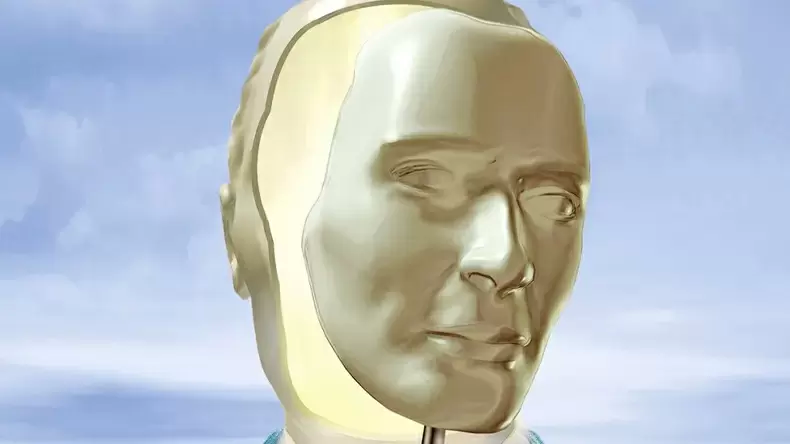
Face Blindness (Prosopagnosia)
Prosopagnosia, also called face blindness, is a condition where you have difficulty recognizing people's faces.
7 signs and symptoms of face blindness / prosopagnosia
1.You have failed to recognize a close friend or family member, especially when you weren't expecting to see them.
Failing to recognize someone in your immediately family, in particular, is something that people with normal face recognition rarely (if ever) experience. Horror stories include things like picking up the wrong child from daycare or failing to recognize your spouse in your own home.
2.When you meet someone new, you try to remember their hairstyle or a distinctive feature rather than their face.
This is a common coping strategy. One person with face blindness notes that remembering people can be stressful when you are constantly taking this approach: "I must remember that it's Mary who owns the brightly colored brooch, and John is the one with the limp." 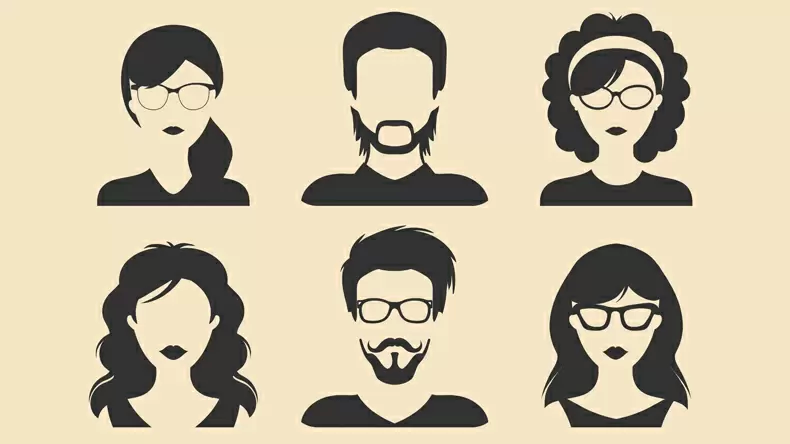
3.Do you confuse characters in movies or on television more so than other people?
Some people with face blindness avoid movies and television for this reason, although one sufferer notes "I've never had problems with cartoon characters!"
4.You have failed to recognize yourself in the mirror and/or have difficulty identifying yourself in photographs.
Failing to recognize yourself can be a disconcerting experience, but is not uncommon among people with face blindness. Self-recognition can be especially difficult in childhood photographs or when distinguishing oneself from a sibling.
5.When someone casually waves or says hello in the street, you more often than not don't know who they are.
Explained one person with face blindness: "While friends seem to meet people they know all the time, [I] rarely seem to run into acquaintances." Some people use the technique of just smiling at anyone they encounter: "You are friendly to everyone, just in case they might be someone you know."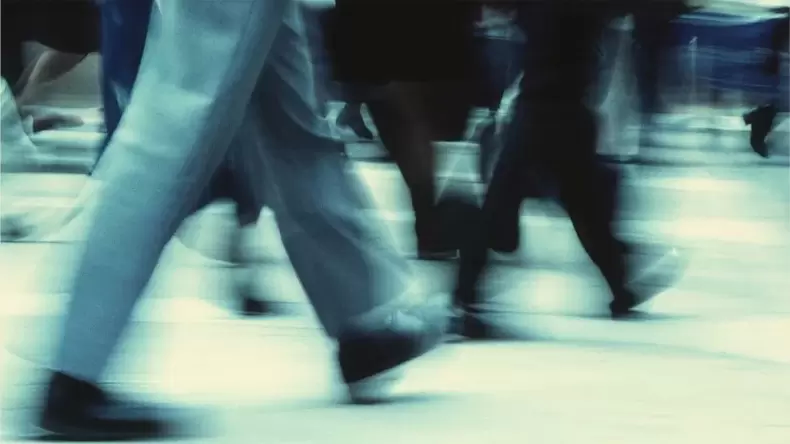
6.When someone gets a haircut, you may not recognize them when you see them again.
Many people with face blindness use hair as a way to remember people. When a person's hair changes, that memory cue is lost. The mother of a child with face blindness recounted how her son would become very upset if she approached him suddenly with her hair pulled back or after a shower (i.e. when her hair was wet).
7.You have difficulty recognizing neighbors, friends, coworkers, clients, schoolmates (etc.) out of context.
People you know expect you to recognize them. Failing to recognize someone might make you seem aloof. Many sufferers report losing friends and offending coworkers because they have failed to recognize them.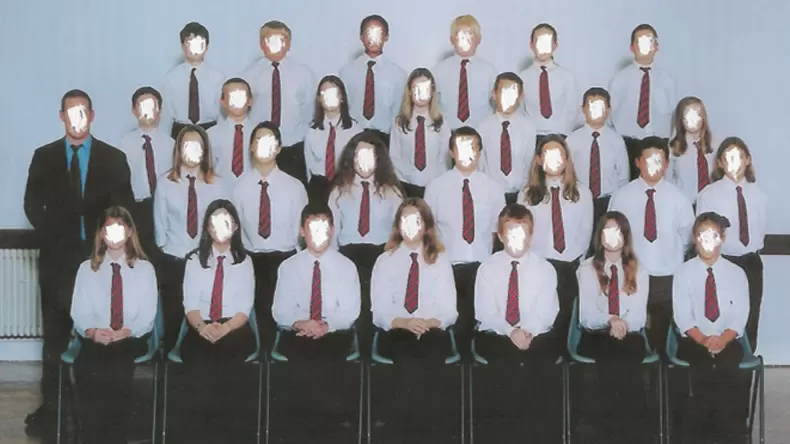
Things you can try to help with prosopagnosia (face blindness)
There's no treatment for prosopagnosia, but there are things you can do to help recognize people.
Tell people about the condition before you meet them
Ask people you're close to for help identifying others
Ask people to introduce themselves when you greet them
Use people's voices or body language to tell them apart
Make a note of distinctive features about a person such as hairstyle, jewelry or accessories
Use name tags or write down the names of colleagues and where they sit at work
Can you tell the difference between your best friend and a random stranger? Take our Face Blindness quiz and find out!

